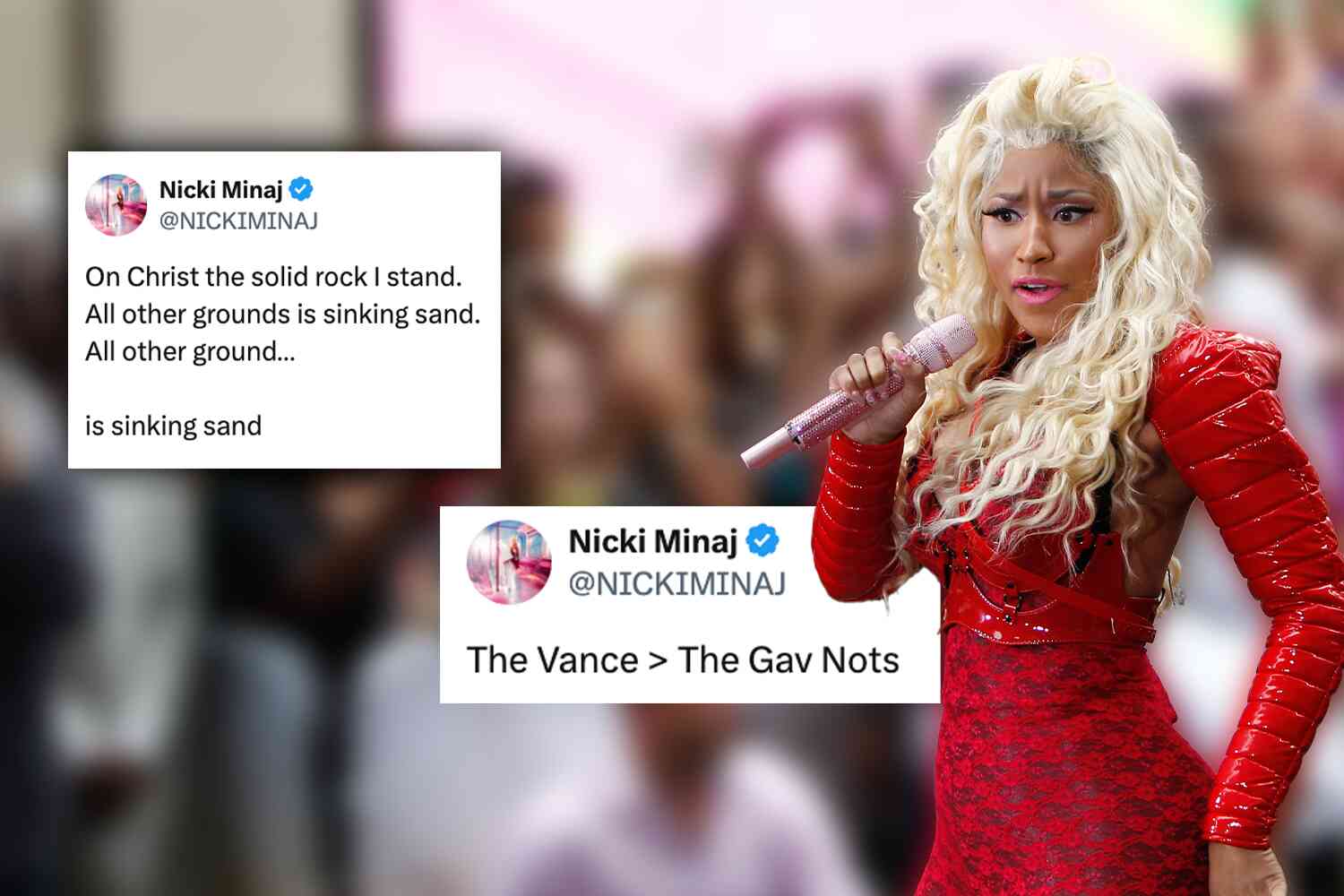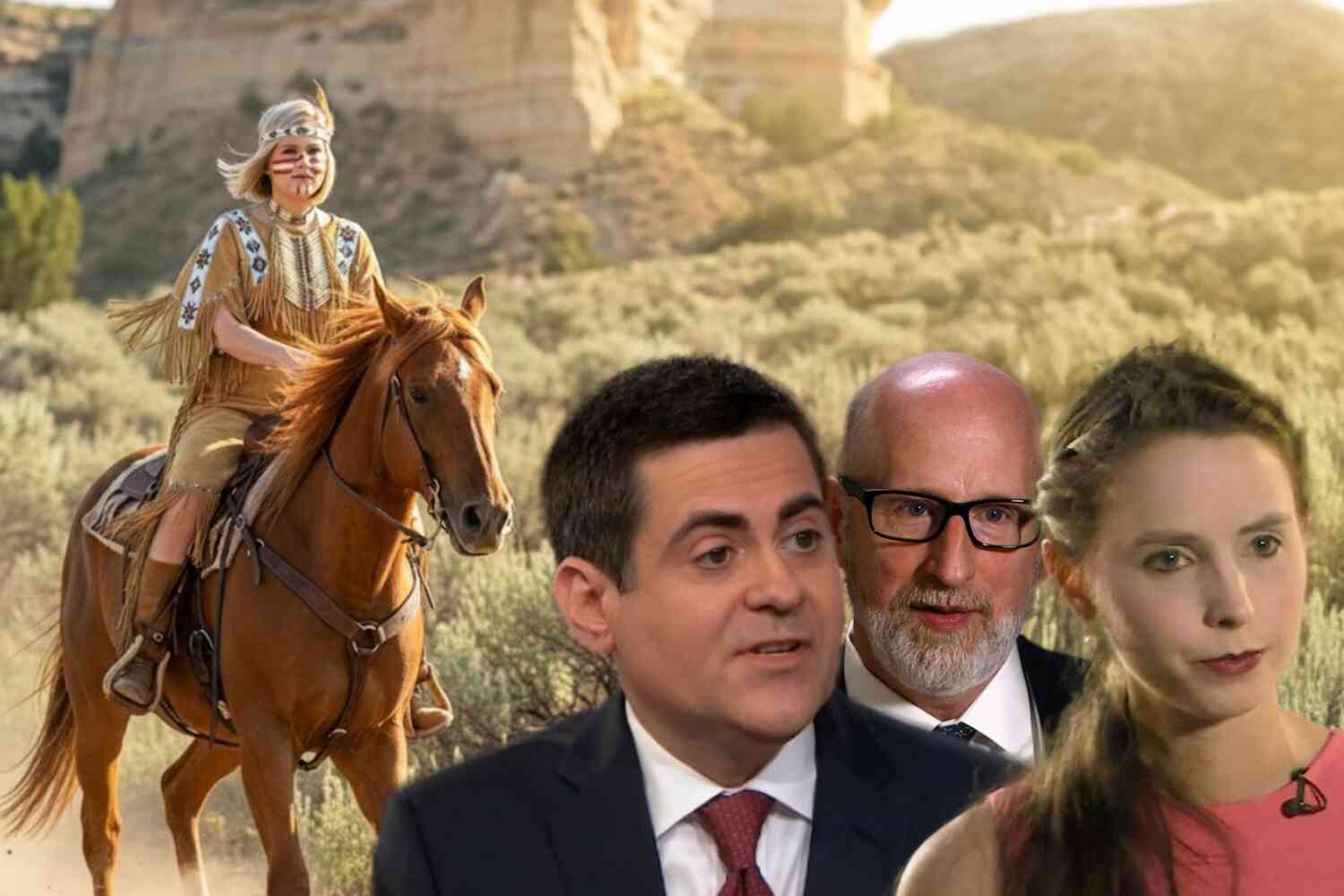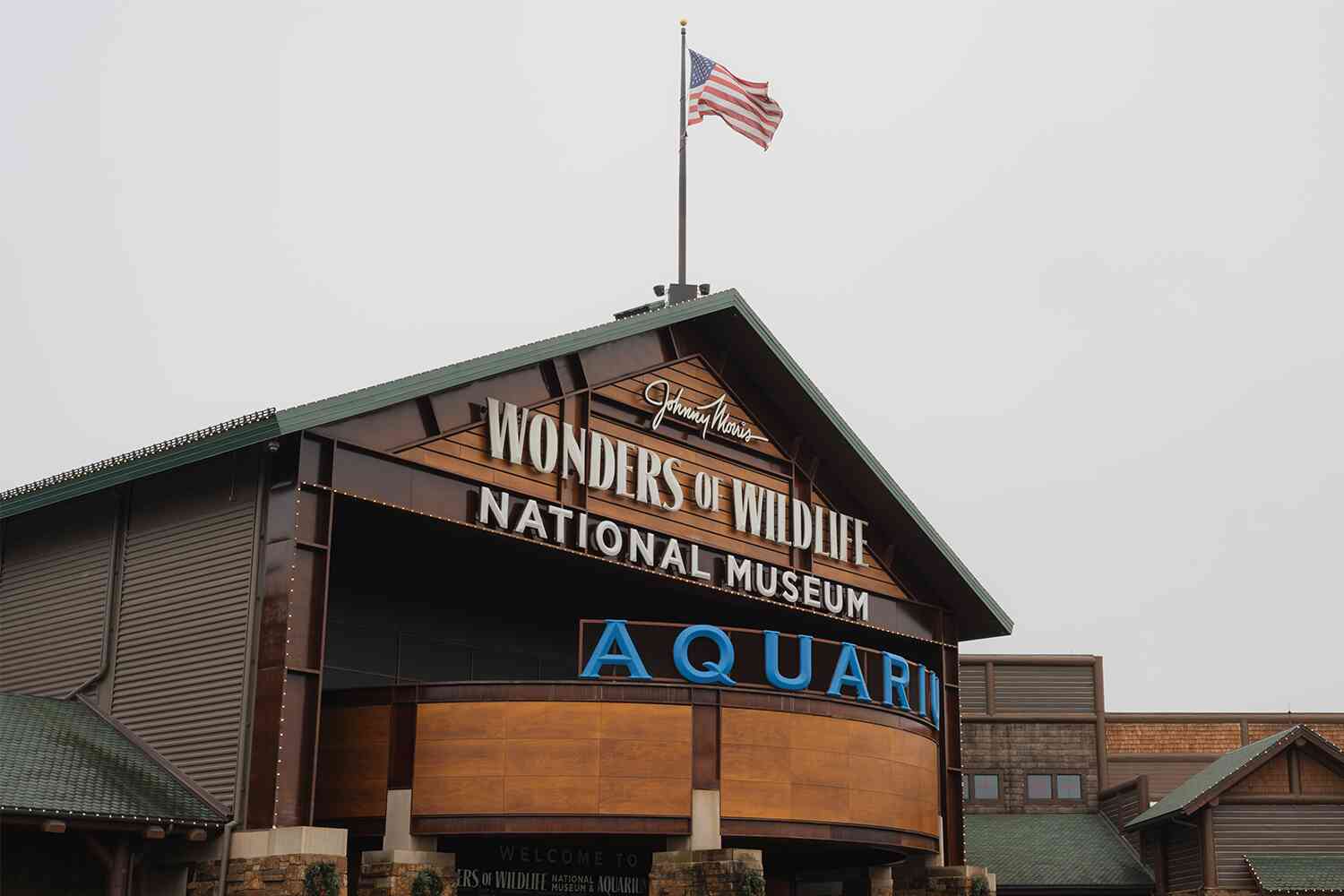The worst thing you can say about Stranger Things 4 is something you can say about any television program.
It's become, by-and-large, just another show, a largely joyless venture through a series of predictable tropes and clumsy storylines, bolstered by excellent actors who are being severely underutilized, in service to fans who have forgotten why they loved the show in the first place.
The show is not really all that fun anymore, though it makes a great deal of money, and so it continues.
It is something of a marvel to compare Stranger Things in the present to Stranger Things at its outset in 2016. At its launch, the show was a deeply human, carefully-crafted, emotionally-compelling story spun by a team of creators who seemed to know precisely what they were trying to accomplish.
The first two seasons of the show were, together, a masterclass in the kind of storytelling that most of Hollywood has all but abandoned. Viewers were taken on an almost ponderously slow, deep, careful journey in which we witnessed entire character arcs play out in organic, linear, comprehensible fashion and in which a meaningful and captivating story was told in a way that just made sense.
The third season utterly squandered those assets, opting instead for a narrative in which characters did not matter in the slightest, one in which the pointless story was moved along by several dozen deus ex machinas playing out in rapid succession – and all of it buttressed by an '80s-nostalgia aesthetic cranked up to absurdist levels.
Season Four has largely continued that approach, and with predictable results. In its defense, this season is more tightly written than the last. The story proceeds a bit more convincingly than before. The Duffer brothers fortunately remembered to at least try make their characters three-dimensional and interesting again, to the point that there are some genuinely moving sequences at play here, particularly those in which the onetime-superhero Eleven struggles with the crushing weights of grief, loss, obsolescence, irrelevance, and aloneness.
Yet the show continues to exhibit the absolute worst tendencies of modern storytelling in abundance. Major plot developments often occur without even the slightest hint of organic procession: Characters figure out significant, story-changing facts and details after just talking with each other for like nine seconds. Every episode is suffused with insufferable, saccharine, Marvel-style camaraderie, with characters constantly either sarcastically quipping at each other or scrunching their faces up at one another.
The dialogue, too, often borders on atrocious. Initially, the Duffer brothers had a knack for writing the 1980s as if they had been there, with none of the modal trappings and linguistic pathways that developed over the succeeding decades. Within the last two seasons, in contrast, most characters frequently speak with the disaffected, bite-sized pseudo-trenchancy that has become nearly universal in the social media age. Everyone in Stranger Things now seems to be talking as if they expect their quotes to appear on Twitter the next day (which, when you think about it, kind of makes sense).
Also frustrating is the show's visual aesthetic. Seasons One and Two captured the muted fashion malaise of the 1980s in a way that felt perfectly natural; Seasons Three and Four have opted instead for a jarringly modern view of the '80s, with aggressively bright pastel colors, loud geometric motifs, and explosive and screwy patterns everywhere.
Wherein the first season everyone just kind of dressed normal for the period...
...by the third season everyone looked like they were in a Taylor Swift retro-'80s throwback music video:
The designers have styled the show not as the 1980s really was but how Gen Xers like to think it was. It's silly and annoying and detracts from what little story is left.
In the end, the decline of Stranger Things from a genuinely interesting and novel sort of television show into yet another cookie-cutter pop-culture dirge is simply indicative of the pop culture times we live in—a depressing creative slump in which virtually all of the great productions of the day are both shamelessly derivative and unenjoyable to boot.
As the socialist writer Freddie de Boer puts it, "instead of real feeling" our creative touchstones simply give us "limp waves to all the stuff we loved before." We have lost en masse the ability to imagine new and moving stories anymore.
We can and probably will get out of this slump. But it will require a tenacious generation of creators and filmmakers who are bold enough to go against nearly every moneyed incentive of modern Hollywood and start creating original things again.
It's hard these days to imagine that kind of creative revolution coming about, but hey, stranger things have happened.
P.S. Now check out our latest video 👇









